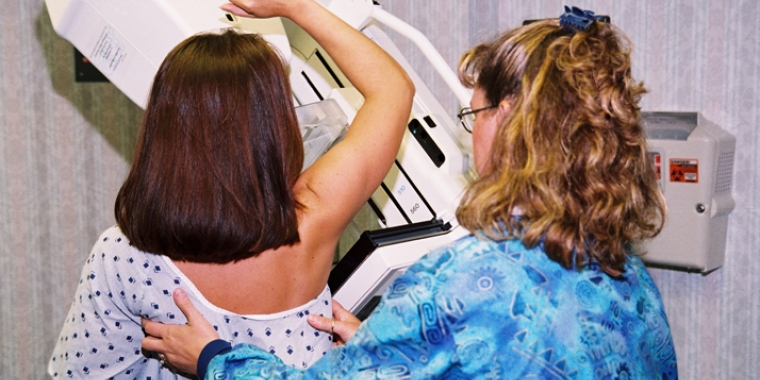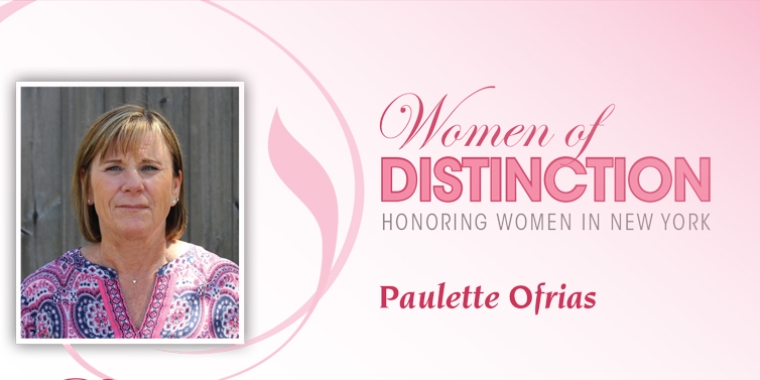
Senator Lavalle Encourages Mammography Screenings
Kenneth P. LaValle
April 27, 2010
-
ISSUE:
- Women's Health

It is tradition in the United States to set aside the second Sunday in May in honor of mothers across the nation. As this special day approaches, families will begin thinking about the perfect way to show appreciation for their mother’s unconditional love and understanding. While sending mom flowers or taking her out to a nice dinner are great choices, I believe Mother's Day is also the perfect time to encourage the women in your life to schedule a mammogram.
It goes without saying that cancer is a frightening disease. However, advances in early detection screenings have helped save lives by diagnosing cancers in their earliest, most curable stages. A mammogram is the best early detection tool we have in the fight against breast cancer. Annual mammograms not only provide peace of mind—they can, and do, save lives. For those who might let fear keep them from taking advantage of a mammogram, it is important to note that approximately 95 percent of all mammograms prove to be normal.
I am a strong advocate of early detection procedures and have enacted measures to ensure that women diagnosed with breast cancer have access to proper health care. This Mother’s Day would be the perfect time to talk to the women you love about the benefits of mammography. You may be saving a life.
If you have concerns about breast cancer, the New York State Breast Cancer Hotline and Support Program provides support and information on issues associated with the disease. Whether it be early detection, finding an appropriate physician, or dealing with side effects of treatments, specially trained volunteers are available seven days a week to answer your questions at 1-800-877-8077.
The Cancer Helpline at the University Medical Center at Stony Brook is also available to answer general questions about all types of cancer from 10 a.m. to 2 p.m., Monday through Friday. You may call 1-800-UMC-2215 to speak with a trained oncology nurse about your concerns. You may also wish to check whether your local community hospital offers this type of helpline.



